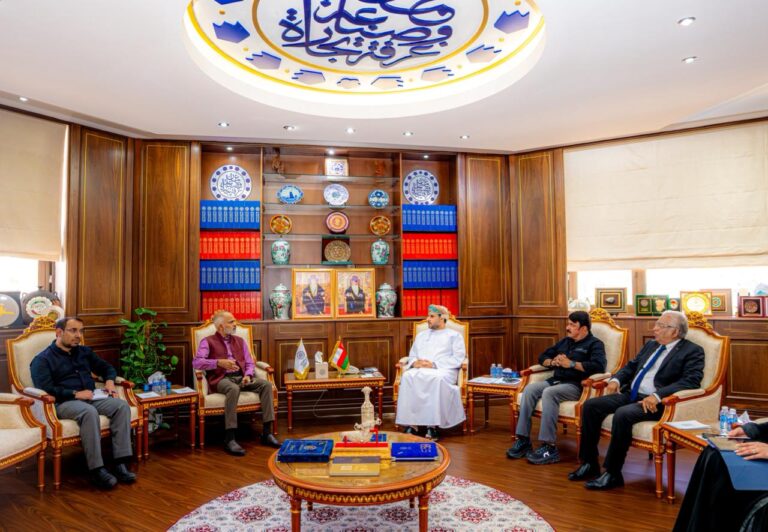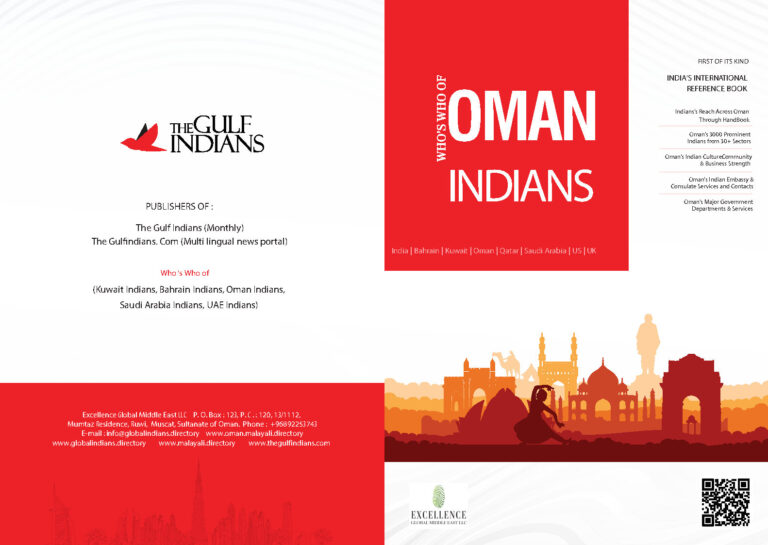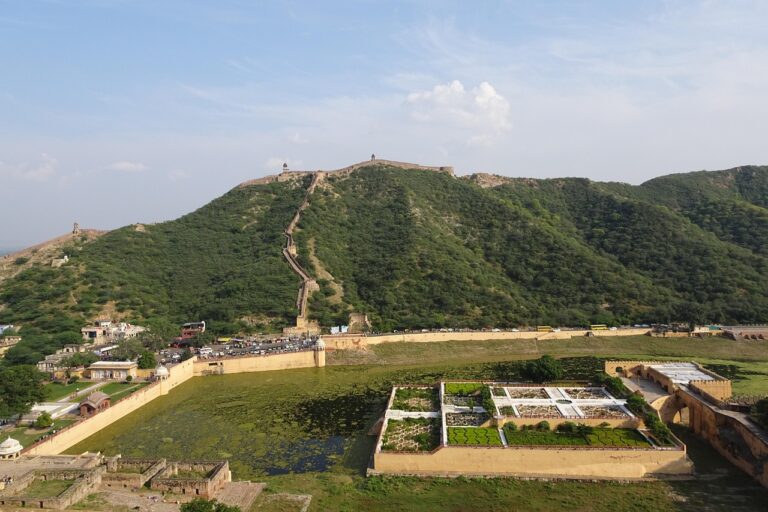Abu Dhabi ∙ In a move to ensure the safe, responsible, and sustainable use of its vast waterways, the Department of Municipalities and Transport (DMT) has introduced the “Regulatory Bylaw for Maritime Safety” in the Emirate of Abu Dhabi. The newly announced regulations set clear standards for licensing, operations, environmental protection, and maritime oversight, marking a significant step toward improving safety and sustainability across the emirate’s waters.
With nearly 45,000 square kilometres of water bodies, a 2,400-kilometre coastline, and 230 islands, Abu Dhabi’s maritime environment is a critical part of its economy, heritage, and lifestyle. The new bylaw is designed to regulate the use of these waters for both commercial and recreational purposes by introducing uniform operational guidelines and safety protocols.
Key Provisions of the Maritime Bylaw
The regulatory framework outlines the roles and responsibilities of all maritime stakeholders and addresses:
- Licensing and permitting for vessels and operations
- Environmental protection and anti-pollution measures
- Safe operational conduct
- Emergency preparedness and response
Particular focus is placed on preserving marine ecosystems and protecting the emirate’s natural heritage.
Implementation and Enforcement
Abu Dhabi Maritime, a DMT affiliate working in collaboration with the Integrated Transport Centre (Abu Dhabi Mobility), has been appointed as the primary implementation body for the new regulations. Its responsibilities will include:
- Conducting inspections and audits
- Removing wrecks and managing infrastructure
- Installing and maintaining navigational aids
Dr. Abdulla Hamad AlGhfeli, Acting Director General of the Integrated Transport Centre, emphasized the importance of the initiative, stating:
“These regulations reflect Abu Dhabi’s commitment to achieving the highest standards of safety across all transport sectors. With this integrated framework, we aim to enhance maritime efficiency, safeguard our environment, and support our long-term vision of a sustainable and resilient maritime sector.”
Penalties and Compliance
To support enforcement, the DMT has established a structured system of fees and fines. These include:
- Service fees for licenses, permits, and inspections
- Fines for violations such as unsafe practices, environmental infractions, and navigation breaches
The regulations will officially come into effect once published in the Official Gazette of Abu Dhabi.
Promoting Maritime Best Practices
Abu Dhabi Maritime also reaffirmed its commitment to health, safety, environmental protection, and operational excellence across all waterways. As part of its ongoing outreach, the body provides:
- Access to legislation and safety codes
- Tidal and weather information
- Best practice guidelines for all users
These efforts are aligned with directives from Abu Dhabi’s leadership and aim to maintain the emirate’s position as a world-class maritime hub.
The new regulatory framework is expected to enhance coordination, promote environmental stewardship, and ensure that Abu Dhabi’s waterways continue to serve as a safe and vital asset for generations to come.











